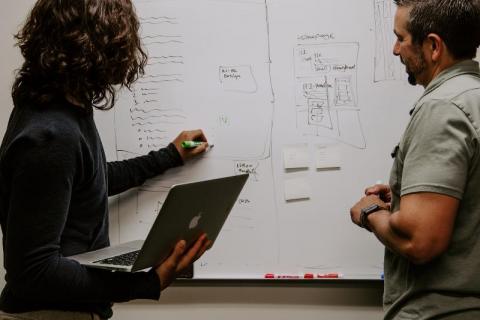Virtualizing a Network Operations Center
A Network Operations Center (NOC) is a location from which IT support technicians can supervise, monitor, and maintain client networks and infrastructure. Because they act as a central nervous system for many organizations, NOCs are typically located in a central physical location. The global coronavirus (COVID-19) pandemic is an unprecedented situation that is creating new challenges for everyone—and that includes NOCs.









